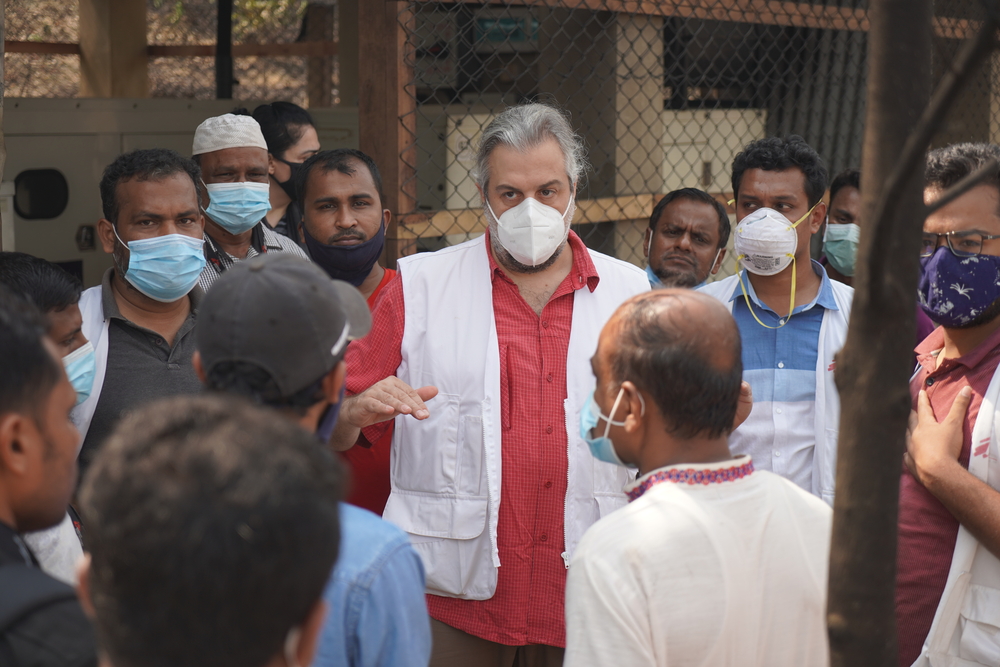Join us for the pilot session on Negotiating with Communities to learn new tools, exchange with peers and take active part in peer reviewing a new CCHN module.
THIS EVENT IS FOR YOU IF…
…you are negotiating with communities.
… you want to learn about new tools that have been developed to support negotiations with communities.
… you’re interested in learning from peers and provide active feedback on the tools and content of this session.
Language: English
Date: 29 November 2023
Time: 09:00 – 15:15 (CET, Geneva time)
Location: Online
Cost: Free
WHAT WILL I LEARN?
You will be introduced to tools that help you address the power imbalance between communities and humanitarian actors, design a community negotiation strategy, map the community to identify relevant stakeholders, address mis-/dis-information and negotiate with hostile crows.
Register now if you don’t want to miss this unique opportunity!
WHAT IS THE EVENT FORMAT?
This interactive session will be divided in a morning (09:00-12:15) and afternoon (13:15 – 15:15) block and consist of the presentation of tools and discussions in breakout rooms.
Please be prepared to take actively part in the discussions and make sure your microphone and camera is working.
WHAT ARE THE SELECTION CRITERIA?
This event is open to community members (who have done a peer workshop with us before) with limited seats available.
ABOUT THE TOPIC
Reflecting about Humanitarian Negotiation, we usually think about interactions with military and civilian state or non-state actors and not necessarily about negotiations with directly or indirectly affected communities, even though negotiations with communities are part of the daily lives of humanitarian workers, and sometimes much more difficult to manage than “traditional” access negotiations.
Negotiations with communities occur for instance, when host communities block the road to a refugee camp, families of an Ebola victim attack an isolation centre, relatives of detainees demonstrate at the office of a humanitarian organisation, migrants occupy a cash centre, local youth threaten that if they are not registered in a food distribution they will forcefully take it, or we discuss the modalities of our programmes with directly and indirectly affected populations to understand their needs and get their buy-in, we find ourselves negotiating with communities.
Often, such negotiations are very difficult to manage because:
- It is not always clear who the different interest groups in a community are;
- There is not one single counterpart that speaks for the community and often the different interest groups have conflicting opinions and objectives;
- Rumours, mis- and dis-information shape the public opinion and can lead to resistance to humanitarian action leading to violence in extreme cases;
- Negotiations are held with, sometimes hostile, crowds rather than bilaterally.
Failing negotiations with communities can lead to a lack of access, operational discontinuity, resistance to aid, and in the worst–case security incidents.
The CCHN has been carrying out extensive research on this topic in the framework of the CCHN-HHI Middle East Think Tank and developed new tools in collaboration with humanitarian workers and academia. These tools will be presented and peer reviewed in this session.


